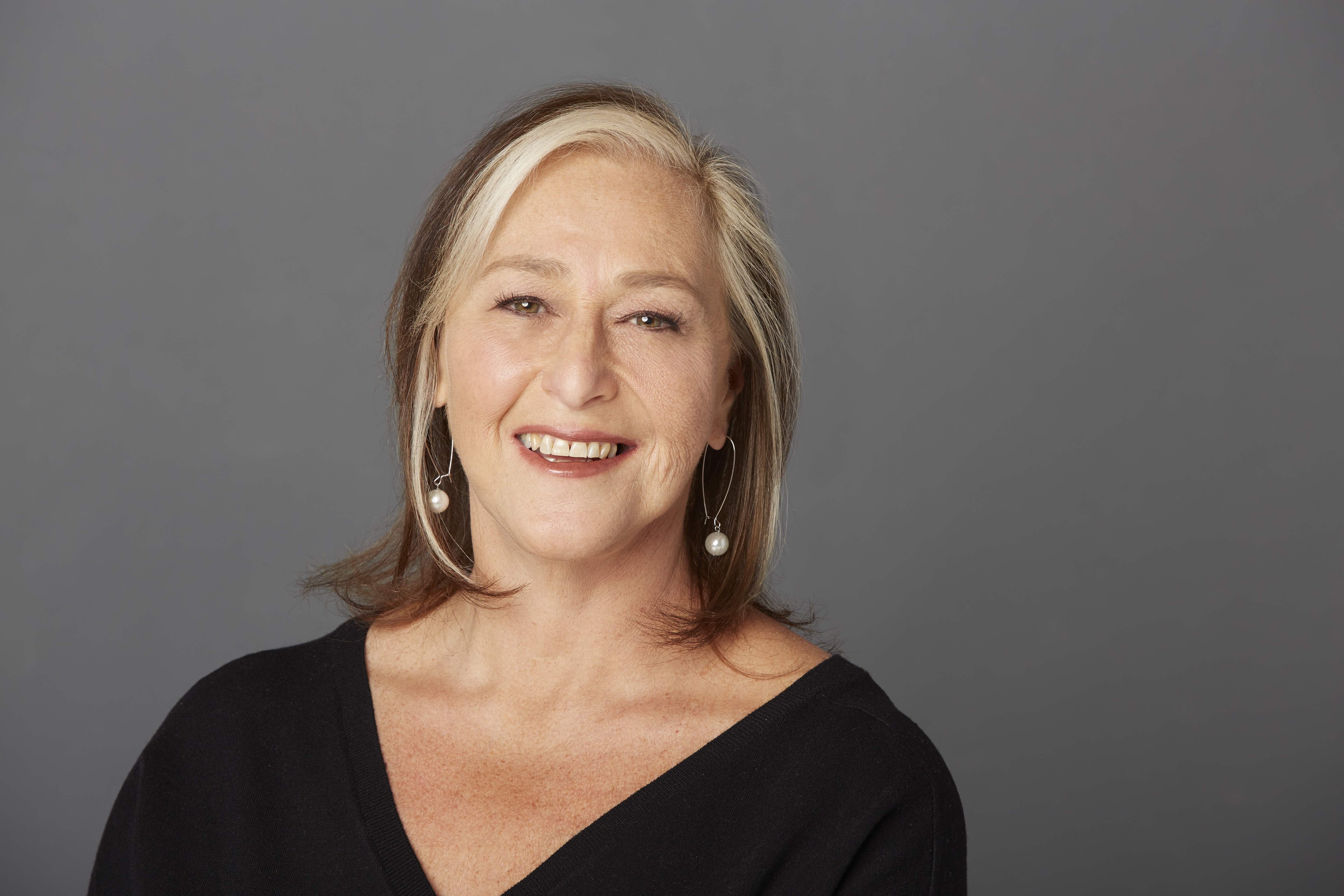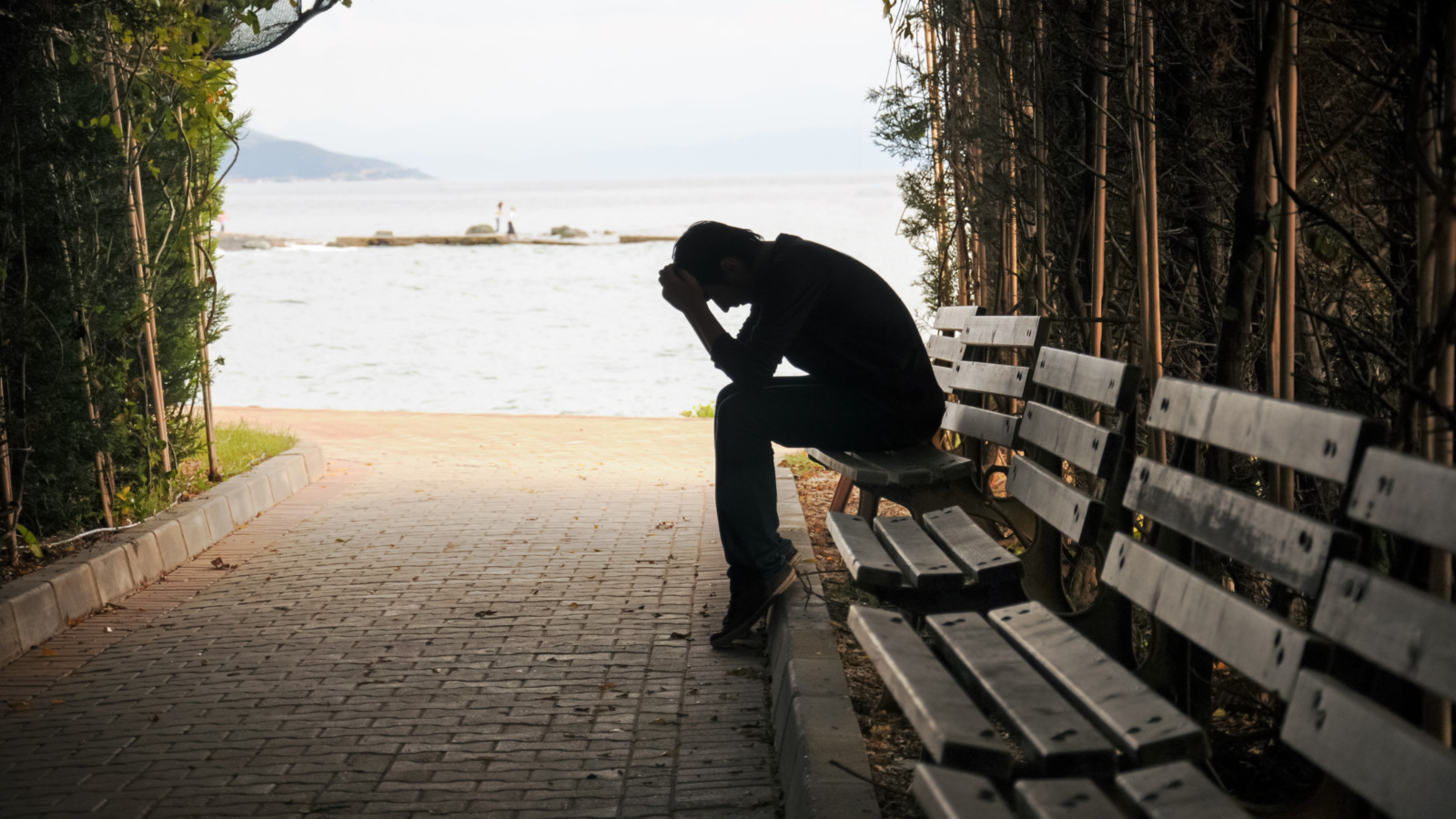The day my dad died was a beautiful, warm June afternoon. I was 13 years old. My dad had dropped me off for school that morning just before going to the hospital for minor surgery. Minor surgery turned into a coma and then he died. As I neared my driveway after walking home that afternoon, I saw unfamiliar cars parked in front of my house, and my mom collapsed in the arms of her friends. My life as I knew it was forever changed.
I have not forgotten anything about that day. I can still feel the heat from the sun, and the sweat on my body from walking up the steep hill to our house. I can still feel that first moment of panic and then denial. For months after, just before bed, I would fall asleep, clutching a photo of my dad to my heart, and hope that this act would give me the power to change my reality. I would close my eyes tightly and pray for a miracle. I still carry a surreal image of me standing in the window of the upstairs hallway of my house, watching the parade of long black funeral limousines pulling up.
That day influenced everything that came after, including my chosen career as a therapist and parenting expert. As a 13-year-old dealing with grief, I felt isolated, embarrassed, and depressed. My friends were as loving and supportive as 13-year old’s can be. But they were uncomfortable with my loss and at a loss for words, literally, as were my teachers, and other adults in my life. On the outside I looked and acted like the bubbly teenager I was “before.” But that was a charade. I was alone with my bag of Oreos, my feelings, my thoughts and myself.
I was embarrassed because I didn’t want to be noticed for having a dead father. I just wanted to be normal, like everyone else. I had to go back to school with a ripped black ribbon on my shirt, a ritual of mourning from my Jewish faith, and I could feel the stares from my fellow students acutely, even if actually there were none. No one else had had this experience and it made me feel “other.” I was scared, and unbelievably sad, but my mom was devastated, and I didn’t want to add to her grief by sharing my own. I thought I must be the only person alive who was feeling what I was feeling!
Fast forward 50+ years. I have worked with many grieving families and children. The freshman college students I have been teaching for over 30 years have shared many of their own stories of loss and grief. What I have learned over all these years is the universality of how teens grieve. Adolescents experience the world very differently than younger children, or adults. They are undergoing enormous changes in their brains, in their bodies, and in their emotional lives. They are literally feeling feelings they have never felt before, thinking thoughts they have never had before, and are having new kinds of experiences and relationships, all with no history of how to handle it all. They feel misunderstood and awash in deep feelings they think no one else can possibly have.
HOW YOU CAN HELP:
- Often times when we check in with a teen, we say:” Are you OK? or How are you feeling? The answers to both those questions will probably be “YES, and FINE.” Because of those emotion flooded brains, it’s hard for them to articulate their feelings. Instead, make an observation: “it looks like you’re having a tough day, or I get that some days are good, and some days are bad, scale of 1-10 how was today?” This gives them options for communicating what and how they’re feeling.
- Teens need someone to model the language of grief. Share your feelings, without making them feel responsible for them.
- If you are overwhelmed with your own grief, find a surrogate who can be your teen’s check-in person
- Talk about the person who has died. Teens tell me over and over that sometimes it feels as if the person they lost doesn’t exist anymore because no one will talk about them. Say their name and share memories with each other…often.
Things That Grow: A webinar about Teens and Grief with Michael Hebb, Meredith Goldstein and Joani Geltman.
April 29, 2021 7:00 PM EST
This will be the first in a new EOL series that brings together leading YA authors and dives into a conversation about teenage grief, loss and the conversations about death that we often pretend don’t happen.
https://collective.round.glass/End-of-Life/events/things-that-grow/welcome


